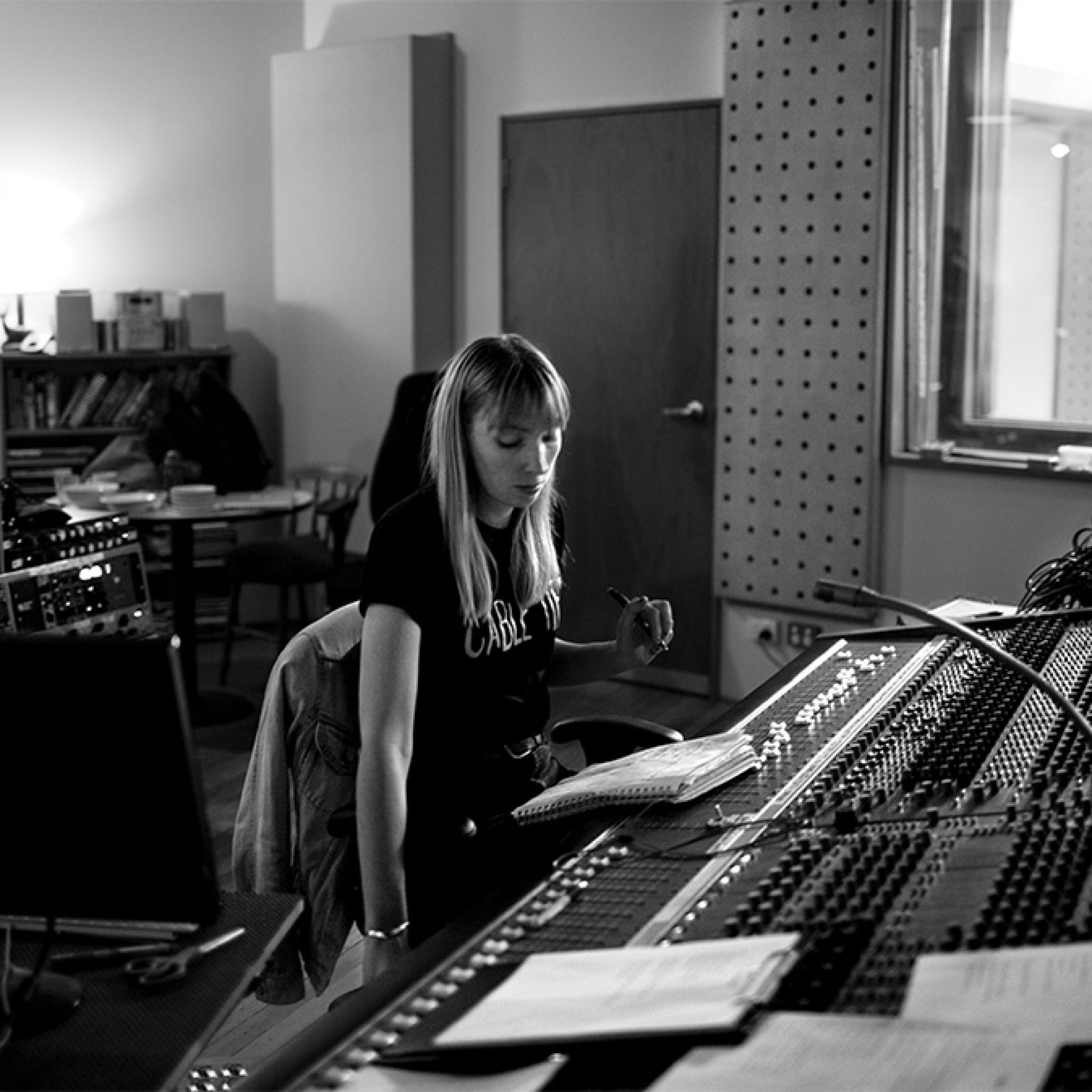
Producer Profile: Anna Laverty
After stints assisting UK producers Ben Hillier and Paul Epworth, Anna Laverty returned to Australia to bring her production chops home.
Even if you haven’t heard Australian producer/engineer Anna Laverty’s name, you most certainly know a good fistful of the records she has worked on. Originally from Western Australia and a graduate of WAAPA’s sound engineering course, Anna took her love of music production with her to London and put in the hard yards as an assistant engineer at Miloco Studios for 10 long and fruitful years. During this time she learnt her craft from producers Paul Epworth and Ben Hillier and played a big part in breakthrough albums for Florence and the Machine, Bloc Party and Depeche Mode, to name just a few. Returning to Australia Anna brought a massive skillset and a wonderful breadth of experience to bear in producing and engineering for a wide range of Aussie talent, including Meg Mac, The Peep Tempel, Nick Cave and the Bad Seeds, Paul Dempsey, Courtney Barnett and the East Brunswick Girls Choir.
Anna’s recordings have a wonderful, larger-than-life immediacy to them while retaining a strong emphasis on the human elements of music making. She’s a consummate professional who’s carved out a fantastic career in a male-dominated industry through the time-honoured blend of talent and hard work while maintaining a down-to-earth attitude to her craft. Anna took time out from renovating her farmhouse near Castlemaine in regional Victoria to meet up and talk to AT in Melbourne’s delightful Newmarket Studio.
AudioTechnology: When did you first get bitten by the recording bug, and what was the moment when you decided engineering and producing was the direction you wanted to take?
Anna Laverty: I wanted to be a sound engineer from when I was about 15 years old, before that I just didn’t know what it was called, I just knew I liked anything electronic/technical and to do with music.
My drama teacher in high school told me about a University in WA called WAAPA where they taught technical courses and I discovered the ‘Sound’ stream of that. It was perfect for me and I learnt all the basics of every type of sound engineering — radio, TV, film, studio, live, radio, etc. I knew I was into music so it was either live or studio for me. When it came down to it, Phil Spector and George Martin were my heroes and I knew really I wanted to be making records, even though the live experience of music is incredible.
AT: Can you tell us about your time in London and what were some of the standout moments?
AL: I’m actually English and spent a lot of my childhood there so going back to England was a bit of a given for me. I moved back three weeks after finishing University with $500, which I thought was heaps of money. I soon realised I had to get a job right away and I started working at a record store in Islington. I worked with amazing music lovers and it was great fun. I was also managing a band I had moved from Perth with and running indie club nights in a little basement bar called Push, in Soho. From there I ended up starting a record label because I knew so many great bands and wanted to help get their music out there.
Anyway, after all of these (amazing) distractions I got the call in my bones to go back to the studio and volunteered at a studio in SE London for two weeks. It was pretty boring and I didn’t really get to see the inside of the studio much except on my second last day when I met Ben Hillier. That’s where it all really changed for me. He shared a studio with Paul Epworth and I ended up getting a job as an assistant engineer there. That was my first proper leg up in the industry and I never looked back. I engineered and assisted for many producers and engineers in my years at Miloco. It was exhausting, inspiring and impossible to forget.
I remember I assisted on a record for a woman called Josephine Oniyama with Ben Hillier and that was a great first lesson into how important things like percussion are on a record. Ben used to be a percussionist and the stuff they came up with together was very impressive. The icing on the cake, so to speak. I don’t think those sessions were ever released which is a huge shame, but I loved every second of working on it. Another favourite session was the Florence and the Machine album Lungs. Paul Epworth produced one half of the final product but we recorded an album’s worth of material. We were very lost in the process of making the record — making the studio feel like it was under water because Florence was really inspired by being immersed. I remember having an incredible moment of pride and sense of achievement when her manager came in near the end of the session to have a listen to what we’d been doing. She was just so amazed by it, she was very emotional and I knew we’d hit the nail on the head.
AT: A lot of young people take the audio school approach to learning engineering and music production these days. What are the advantages of the intern/assistant engineer pathway?
AL: I did both. I studied for three years because I was 17 and not really ready to start working 16 hours days. I learnt the basic rules and then went and assisted in studios which is where I learnt how to break all the rules. There are some great courses out there right now, but I’m not really into the idea that someone graduates from college and is suddenly a producer. You really have to have experience — both in the studio and in life for a few years before you can call yourself a producer. It took me 10 years to say it and not really feel like a fraud!
AT: You have a wonderful way of capturing the live energy of a band in the studio. What is your approach to pre-production with these types of artists?
AL: Thank you! I love pre-production, really it’s where I make most of the big decisions. It’s where I would change the tempo, key, arrangement or form of a song. All that big stuff. Then I leave the new ideas with the band for a couple of weeks to feel around and practice. I usually just go to a rehearsal and start acting like I’m part of the band. Often, there’s a little bit of resistance from someone in the band… usually the person who didn’t hire you… but I just kill them with kindness and let them win a couple of arguments and it all works out well.
AT: How do you decide whether to use tape or digital as the primary recording medium?
AL: That kind of decision comes from having a lot of experience, and it’s based on a lot of elements. Is the band good enough to record live? Does it need the sound of tape or the sound of digital recording? How many vocal overdubs do I need and should I track the band to tape then overdub to Pro Tools!? Also, the tape machine in the studio you’re working in has to be operational, properly looked after and lined up.
AT: What are your must-have audio tools in the studio?
AL: I’m pretty easy really and can work with whatever is there, but I have pretty strong preferences and, of course, they’re all expensive. One good mic — something big and Neumann, for sure. A Shure SM7, and monitors I know very well. I usually cart around my Genelec 1031As and a pair of Yamaha NS10s, for reference.
AT: If a four-piece (drums, bass and two guitars) wandered in off the street into the studio how would you set them up and what signal chains would you use?
AL: Story of my life!
Well I would get them to set up and have a listen to all the sounds in the room. See if they can play together live and work out where all the amps need to go. Get the room feeling really great and make sure everyone is comfortable with sight lines, etc. Then I would think about mics. I work in a lot of different studios so I guess I have bit of a rule: Put the best mics and preamps on the vocals — hopefully a Neumann through a Neve 1073, through a UA 1176. Put a Shure SM7 on the snare and a Beyer M88 on the kick in, Neumann FET47 on the kick out and whatever they’ve got on the rest of the kit. The overheads are dependant on having a pair of something. Dream studio would be a pair of Coles 4038 ribbons. Then bass is probably an Electrovoice RE20 on the cab and a DI. Guitars work well with an SM57 and a second mic that’s hopefully some sort of ribbon. Really, it’s all about placement. Listening to the source and working out what’s going to work. I know everyone says that, but it’s really just what I do. I guess the speed and unquestioning confidence that I’ll be able to make it sound good just comes from having a few years under my belt.
AT: Can you tell us a bit about working with Meg Mac on her vocals?
AL: I love recording Meg’s vocals, because she’s such a great singer. She really knows her range and if she hasn’t quite nailed something. We take our time and really layer things up, the lead is just a single lead but she has great backing vocal ideas and we go for it. We’ve done quite a few tracks over the years, but I’m guessing the recording chain would be very similar; singing through a Neumann U47 or 67, into a Neve 1073 (original), then through a black face UREI 1176.
AT: The new East Brunswick All Girls Choir record sounds immense. Can you tell us a bit about your production approach and recording techniques for that record?
AL: Everyone was telling me EBAGC are a fantastic live band. So I went to see them live and could tell they were one of those bands you just have to set up in a room and hit record. We did a bit of pre-production to tidy up some really long tracks and get everything as sharp as it could be and then talked a bit about instrument choices and recording room preferences. We headed to Headgap in Melbourne to track. The rhythm section in that band are tight and don’t miss many tricks so I knew they could hold it down. We put the bass amp in a little iso booth/hallway and put a Sennheiser 421 on it. They have some cool guitar amps at Headgap so the guitarists in the band had fun playing around mixing and matching heads and amps but I think eventually we mostly stuck to what we had decided on before we began tracking. We used some of the live vocal takes but wanted additional options. The singer doesn’t love a lot of attention so recording the lead vocals is one of those things you have to not put a lot of emphasis on and just suggest doing it whenever there’s a free minute, turn all the lights out and hit go — like in a venue.
AT: People think producing is all about the technical side but there’s so much psychology involved in working with different kinds of people, and you don’t have much time to get inside their heads and know what makes them tick. How do you build that understanding in a short space of time?
AL: I usually try to work out the dynamic of the band in pre-production and then slip right on in there. I usually find if someone is not being very nice to me and fighting everything, it’s because there’s some power play going on in the already-existing band structure and it has nothing to do with me. I just try to be really nice to them and usually they mellow. It helps if you take a six-pack too!

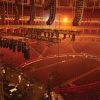


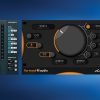
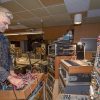
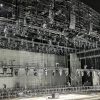





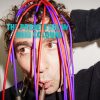




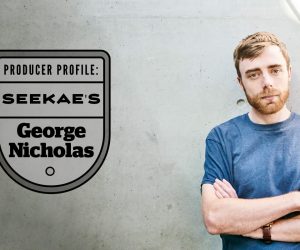



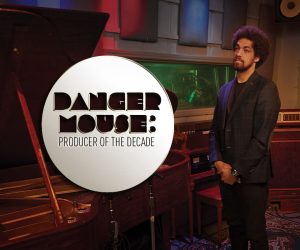

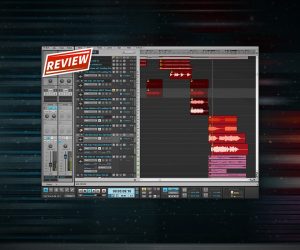


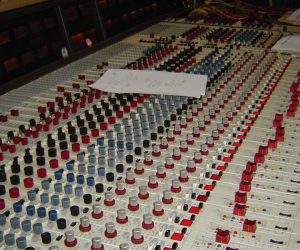



RESPONSES